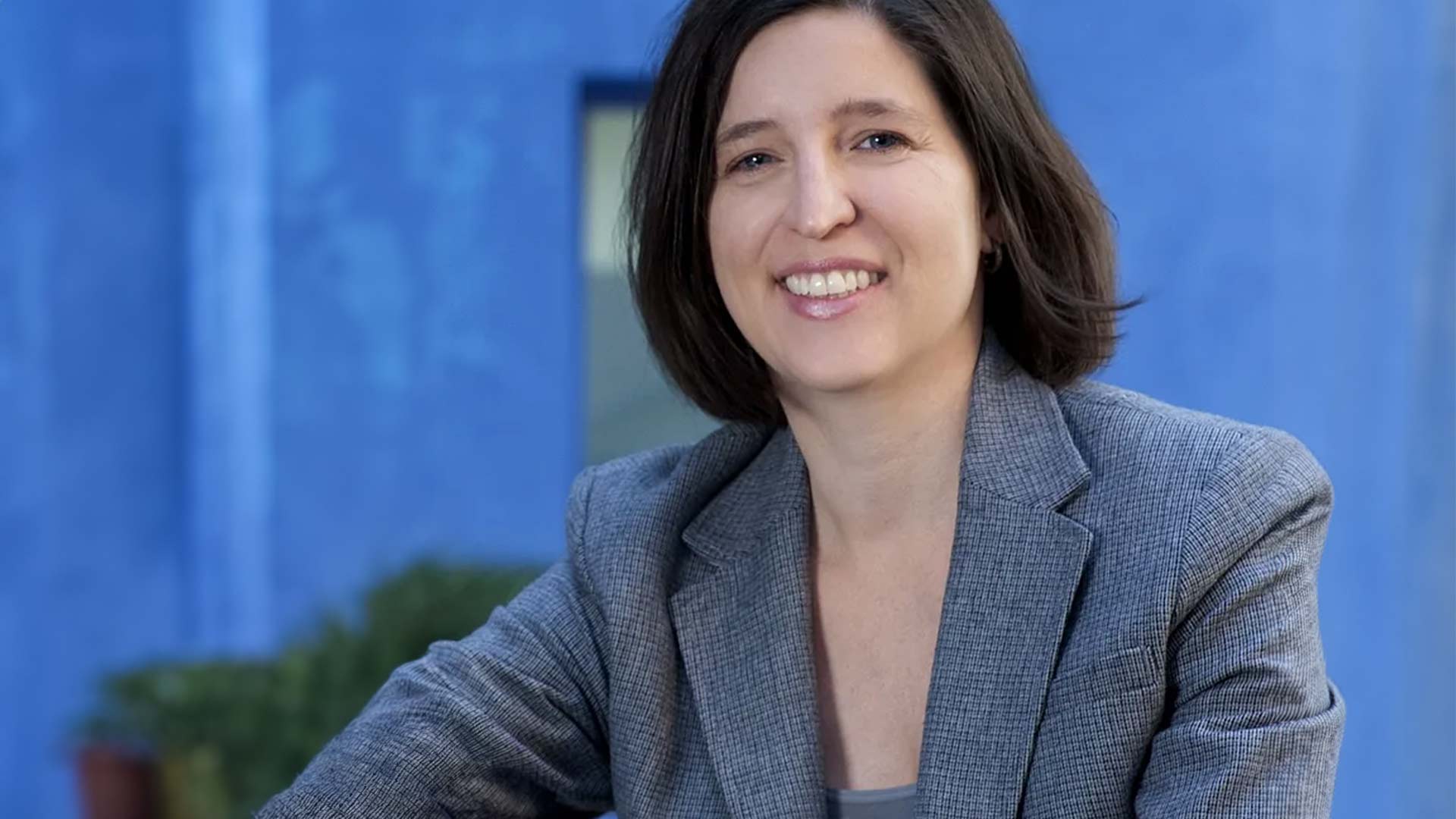With a prolific career spanning academia and industry, Susan’s research focuses on the economics of digitization, marketplace design, and the intersection of econometrics and machine learning. She received her PhD at Stanford Graduate School of Business, and taught at MIT and Harvard before returning to Stanford. She was consulting chief economist for Microsoft for six years and the first woman to receive the John Bates Clark medal for her contribution to economic thought and knowledge. Susan sits on the boards of Expedia, Lending Club, Rover, Turo, and Ripple, as well as the nonprofit Innovations for Poverty Action.
Throughout her career, she has built upon an early interest in auctions that she developed as an undergraduate at Duke, where she triple majored in computer science, economics and mathematics. Susan first applied her expertise to develop a market-based system for timber auctions in British Columbia that enabled a more efficient allocation of resources that was not subject to trade disputes. The system she developed in the early 2000s is still used today to price almost all of the timber in British Columbia.
While at Harvard, she was working on auction models for search advertising when she got a call from Microsoft. Steve Ballmer asked if she could come help them develop their new search engine. She had accomplished many of her academic goals: earning tenure at MIT, teaching at Stanford and Harvard and receiving this Clark medal. “I realized that this could be a good moment in my life to take a risk,” she said.
“Being a part of the birth of a search engine, and particularly the search-advertising platform was I think just a transformative experience for my life,” she said. While the Bing search engine was ultimately not able to compete with Google, Microsoft’s investment in the research yielded expertise in machine learning and cloud computing, which is now the company’s most important business.
Susan consulted with Microsoft for six years but knew she wanted to continue to pursue her career in academia. After stints at Harvard and MIT, she decided to return to Stanford as she saw it was the best place to collaborate with industry to do cutting-edge research.
As Associate Director at the Stanford Institute for Human-Centered Artificial Intelligence (HAI), she brings a social science perspective to AI questions. She explains how in online advertising, you need to understand the system and the economic incentives of the people operating in the system. An engineering perspective sees a database full of advertiser bids that feels static. An economist’s perspective sees those bids as strategic. If you understand the behavior of those firms, and their objectives, you can predict their responses to a change in the system. “It’s so important to bring in multiple perspectives. There have been many cases where people have made big mistakes because they only look at it from one particular perspective.”
The effectiveness of an application is not determined by the details of the algorithm, what’s really important is that you’re optimizing the right long-term objective. The success of data science, machine learning and artificial intelligence in applications is critically dependent on having domain experts and social scientists that think about long-term objectives and how to measure them.
Currently, Susan believes there are opportunities to use technology to tackle inequality problems. She sees potential in using mobile devices throughout the world for education, training, and nudges to guide decision-making. She started the Shared Prosperity and Innovation Initiative at the business school to help social impact firms integrate more AI into their products and services.
Another technology that she thinks can help address inequality is Bitcoin. “I think I was the first economist to take Bitcoin seriously. It’s fascinating from a variety of angles.” She learned how many people in the world are disadvantaged by an archaic financial system that is operated for the benefit of large businesses and banks in large countries. “If we can move money the way that we can move information, we could actually make a lot of people’s lives better off,” she says.
She was used to being the only woman in computer science and economics but a lack of role models made it difficult for her to visualize herself succeeding. She felt the need to overachieve to compensate. “It’s very stressful to overachieve,” she said. “But I think it translated into more accomplishments because I just didn’t think that I had any wiggle room.”
Gender was not as much of an issue for her in business because she came in as a defined expert and was not threatening anybody’s job. However, in academia she says the power balance is unclear, and there are no rules about who gets to choose. “Being a powerful woman actually is hard. People seem to like their women a little less threatening than I am,” she says. “When I advise women, I suggest having a clear expertise where everybody understands why you’re the one who’s talking.”


